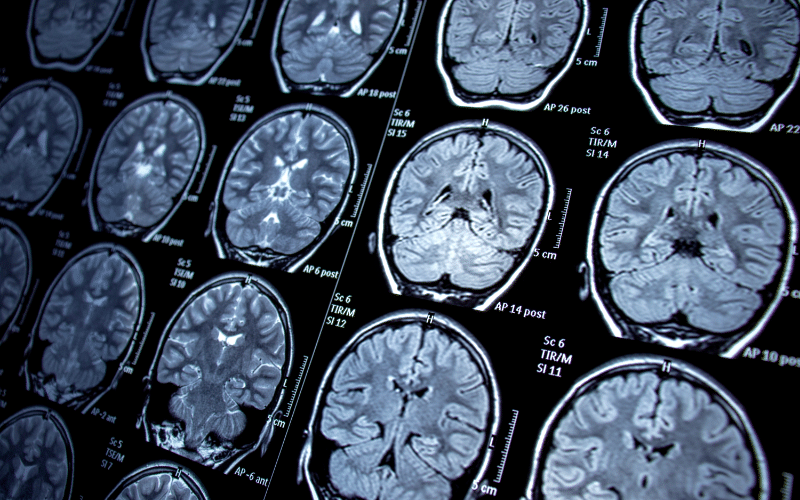FAQs: Frequently Asked Questions About Concussions

What is a concussion?
A concussion is a type of traumatic brain injury (TBI) caused by a bump, blow, or jolt to the head, or by a hit to the body that causes the head and brain to move rapidly back and forth. This sudden movement can cause the brain to bounce or twist within the skull, leading to chemical changes in the brain and potentially damaging brain cells.
How is a concussion diagnosed?
A concussion is typically diagnosed through a combination of a physical examination, a neurological examination, and cognitive testing. A healthcare professional will assess the individual’s symptoms, balance, coordination, strength, and reflexes, as well as their memory, concentration, and problem-solving abilities. In some cases, imaging tests such as a CT scan or MRI may be performed to rule out more severe injuries, such as bleeding or swelling in the brain.
How long does it take to recover from a concussion?
Recovery time from a concussion can vary greatly depending on the severity of the injury, the individual’s age, and their medical history. Some people may recover within a few days, while others may take weeks or months to fully heal. It’s crucial to follow a healthcare professional’s guidance and allow for ample rest during the recovery process to promote optimal healing and prevent further complications.
Can you prevent concussions?
While it’s impossible to entirely prevent the risk of concussions, there are steps individuals can take to reduce their likelihood. These include wearing appropriate protective gear during sports and recreational activities, practicing proper techniques and following safety guidelines, and taking precautions to prevent falls, such as using handrails and non-slip mats.
When should you seek medical attention for a concussion?
You should seek medical attention immediately if you suspect a concussion or if you experience any of the telltale signs and symptoms discussed in this article. Prompt medical evaluation and intervention are crucial to ensuring a safe and successful recovery from a concussion and preventing long-term complications.
Conclusion: Prioritizing Safety and Recovery from a Concussion
Recognizing the 15 telltale signs and symptoms of a concussion is essential for ensuring prompt medical attention and proper recovery. By understanding these warning signs and seeking professional help when necessary, individuals can reduce the risk of long-term complications and promote a safe, successful healing process. Don’t hesitate to consult a medical professional if you suspect a concussion or if symptoms persist or worsen, as early intervention is key to a full recovery.